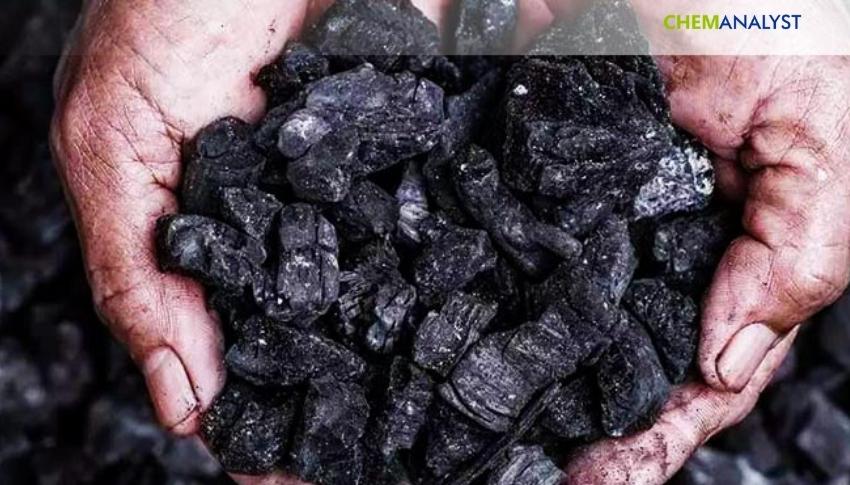Welcome To ChemAnalyst

The global petroleum coke (petcoke) industry is reeling from escalating trade tensions, particularly Brazil's threat of retaliatory tariffs on US petcoke following US taxes on Brazilian exports. The cement sector confronts instability as the United States supplies more than 88% of Brazil's petcoke imports. Europe experienced price increases in Belgium and Russia, while Asia diverged—China faced excessive stockpiles, reducing prices, while India saw demand rebound. The U.S. Gulf Coast is bracing for oversupply risks. In the face of mounting environmental concerns, several businesses are looking for alternatives such as calcined anthracite, despite the fact that petcoke remains heavily integrated into global industrial supply chains.
U.S. pet coke imports, mainly high-sulphur fuel-grade, following Donald Trump's announcement of tariffs on Brazilian goods up to 25-50% as of August 1. With U.S. suppliers comprising over 88% (about 1.88 million tonnes) of Brazil's H1 2025 petcoke imports, cement makers in Brazil face challenges.
Meanwhile, where to turn for other potential supply (Colombia, Venezuela and Argentina) also offer limited relief as political sanctions and alternative supply concerns complicate the substitution of ordinary suppliers. In the second week of July, the price of petcoke delivered CFR Santos in Brazil increased modestly by 0.35%, indicating the evolving impact of tariff anxiety of the Brazilian cement producers.
Europe's petcoke markets showed a range of patterns across the Atlantic. Prices for FD Antwerp petcoke increased 1.12% in Belgium due to stable domestic steel output. Prices for CFR Novorossiysk petcoke in Russia also increased by 0.77% as the country's steel and aluminum industries continued to saw strong demand. Key importers of U.S. calcined petcoke, the UK and the Netherlands, are urging Washington to lift tariffs that have caused supply chain disruptions.
Even if the price of Ex-Shanghai Calcined Petroleum coke (CPC) dropped by 1.89% in July, China is still a vital supplier of petcoke in Asia. Petcoke prices were not supported by rising crude oil prices because domestic inventories were still high. Chinese shipments to India and South Korea persisted in spite of this. CFR Busan petcoke prices fell 0.91% in South Korea, indicating a combination of a Chinese surplus and a decline in demand for aluminum.
India, however, displayed the opposite pattern. In the second week of July, CFR Vizag petcoke prices increased by 0.68% due to rising feedstock crude costs and rebounding downstream usage. Imports from the US, UK, and China were consistent. The nation's aluminum industry, which depends on imported petcoke to produce anodes, is keeping a careful eye on U.S.-Brazil dynamics that could change trade patterns.
Gulf Coast petcoke suppliers in the United States are getting ready for the possibility of an oversupply. FOB USGC prices increased by 0.38%, although there is still uncertainty about Brazilian demand. American refiners may have excess petcoke if the planned tariffs are implemented, particularly if China and Brazil reevaluate their purchasing policies.
The steel and aluminum industries are gradually looking into alternatives like calcined anthracite in light of stricter environmental laws. However, petcoke is still firmly ingrained in industrial ecosystems around the world, despite being caught in the crossfire of inflation, carbon reform, and geopolitics.
We use cookies to deliver the best possible experience on our website. To learn more, visit our Privacy Policy. By continuing to use this site or by closing this box, you consent to our use of cookies. More info.
